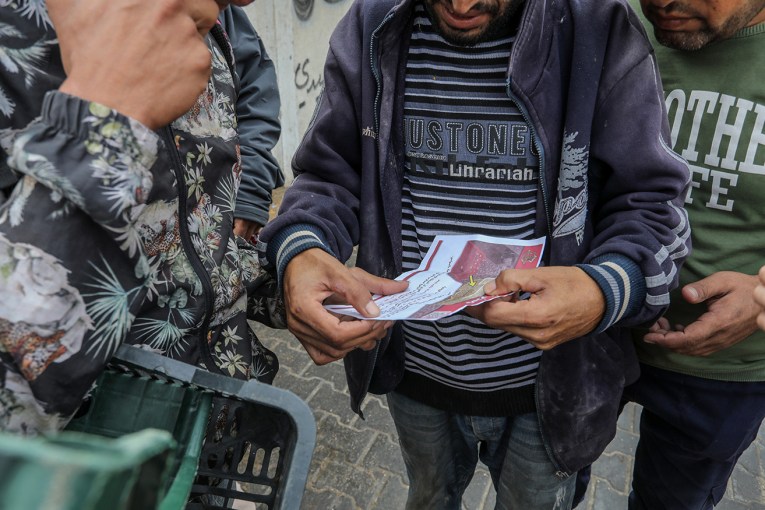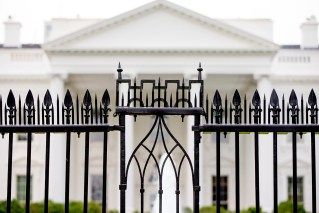Air safety standards to rise
Aviation officials have called for better dissemination of flight risks and a UN law restricting anti-aircraft weapons use, at an emergency meeting on the downing of Flight MH17 over Ukraine.
International Civil Aviation Organisation (ICAO) secretary-general Raymond Benjamin and International Air Transport Association (IATA) director Tony Tyler told a press conference in Montreal on Tuesday that both steps are urgently needed to fill gaps in airline safety in the wake of the MH17 disaster.
“MH17 has demonstrated that powerful and sophisticated anti-aircraft weaponry is in the hands of non-state industries,” said Tyler, who represents 240 airlines.
“Civil aircrafts are instruments of peace and they should never be the target of weapons of war.”
Tyler pointed to international conventions on lethal chemical, nuclear and biological weapons, among others.
“But there’s no international law or convention that imposes on states a duty to manage the design, manufacture, and deployment of anti-aircraft weapons,” he lamented.
He added, however, “I am confident that we can find ways to augment the international law framework to ensure that states fully understand and discharge their responsibilities in this regard.”
Tyler said airlines also “need clear and accurate information on which to base operational decisions on where and when it’s safe to fly.
“And in the case of MH17, airlines were told that flights above 32,000 feet that go through Ukraine would not be in harm’s way and we now know how wrong that was.
“It’s essential that airlines have clear guidance for threats for their passengers, crew and aircraft.”
States are responsible for providing that information, officials noted. “There can be no excuses,” Tyler said.
But the aviation industry is ready to assist in the dissemination of this information, he added.
“Even sensitive information can be sanitised in a way that ensures that airlines get essential and actionable information without compromising their sources,” he said.
The Malaysia Airlines plane was blown out of the sky earlier this month by a surface-to-air missile, killing 298 passengers and crew and dramatically raising the stakes in Ukraine’s bloody three-month conflict.
Kiev has blamed the rebels, citing photographs of anti-aircraft missile systems being moved from rebel-held territory into Russia less than 12 hours after the crash, and an intercepted call between an insurgent commander and a Russian intelligence officer.








